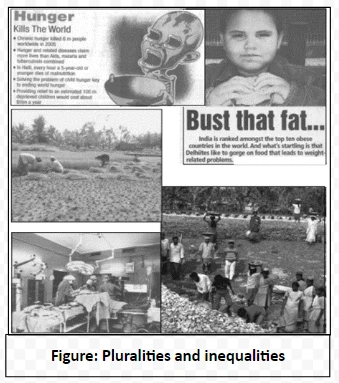![]() 13 Dec 2023
13 Dec 2023
The interaction between personal preferences and societal forces is explored in sociology. Personal goals are important, but they frequently interact with broader social structures like cultural standards, economic principles, and different communal connections.
Sociology offers a lens to comprehend these complicated interactions by tracing its Western origins and development in India, bridging the gap between individual choices and broader societal institutions.

The Indian government’s decision to provide financial compensation to widows of soldiers after the Kargil War, aiming to support them, inadvertently resulted in forced marriages between widows and their deceased husbands’ brothers.
This unintended consequence was driven by the desire to ensure that the compensation remained within the deceased soldier’s patrilineal family due to traditional inheritance practices and the lack of property rights for women in many parts of India.
Between the 17th and 19th centuries an estimated 24 million Africans were enslaved. 11 million of them survived the journey to the Americas in one of a number of great movements of population that feature in modern history. They were plucked from their existing homes and cultures, transported around the world in appalling conditions, and put to work in the service of capitalism. Enslavement is a graphic example of how people were caught up in the development of modernity against their will. The institution of slavery declined in the 1800 s. But for us in India it was in the 1800 s that indentured labour was taken in ships by the British for running their cotton and sugar plantations in distant lands such as Surinam in South America or in the West Indies or the Fiji Islands. V.S. Naipaul the great English writer who won the Nobel prize is a descendant of one of these thousands who were taken to lands they had never seen and who died without being able to return.
<div class="new-fform">
</div>